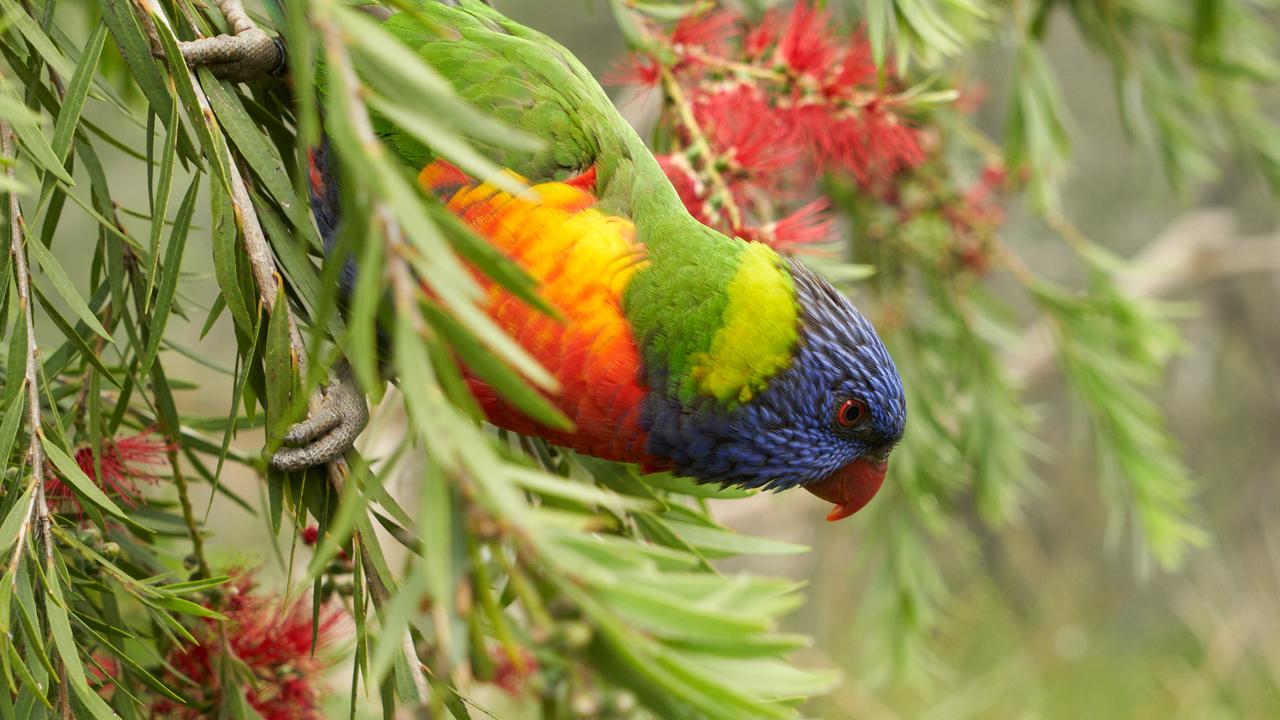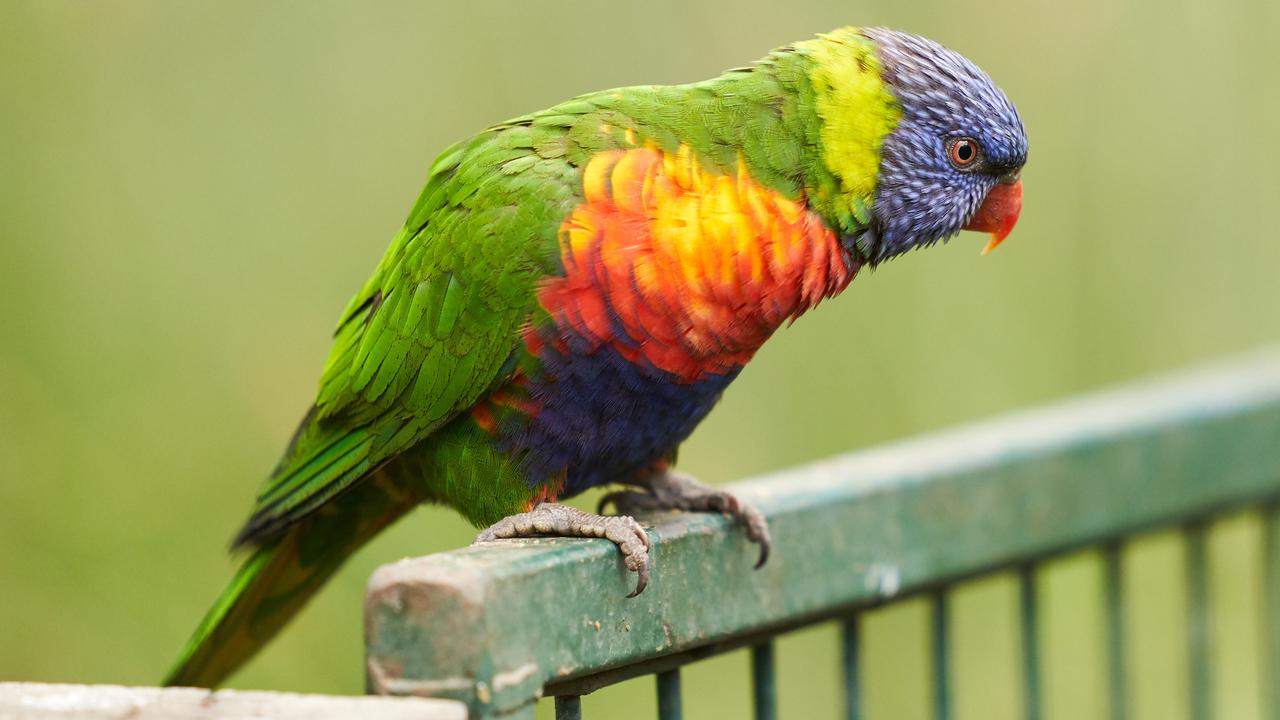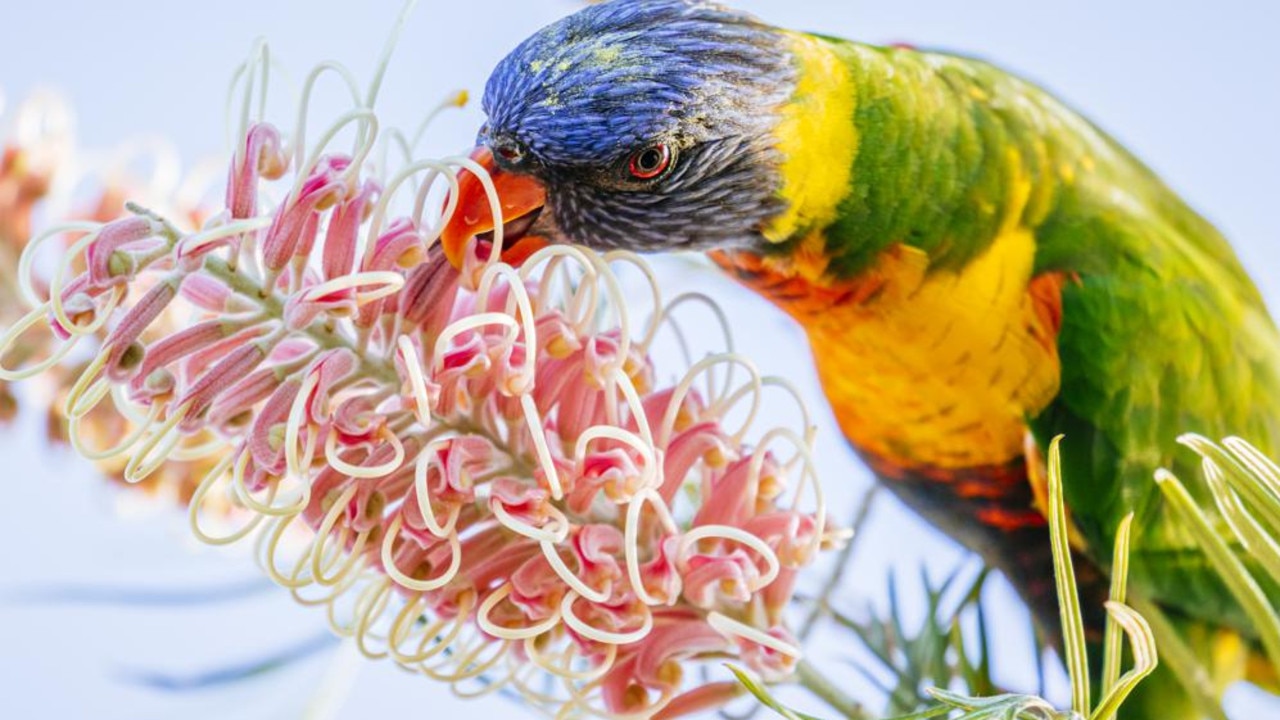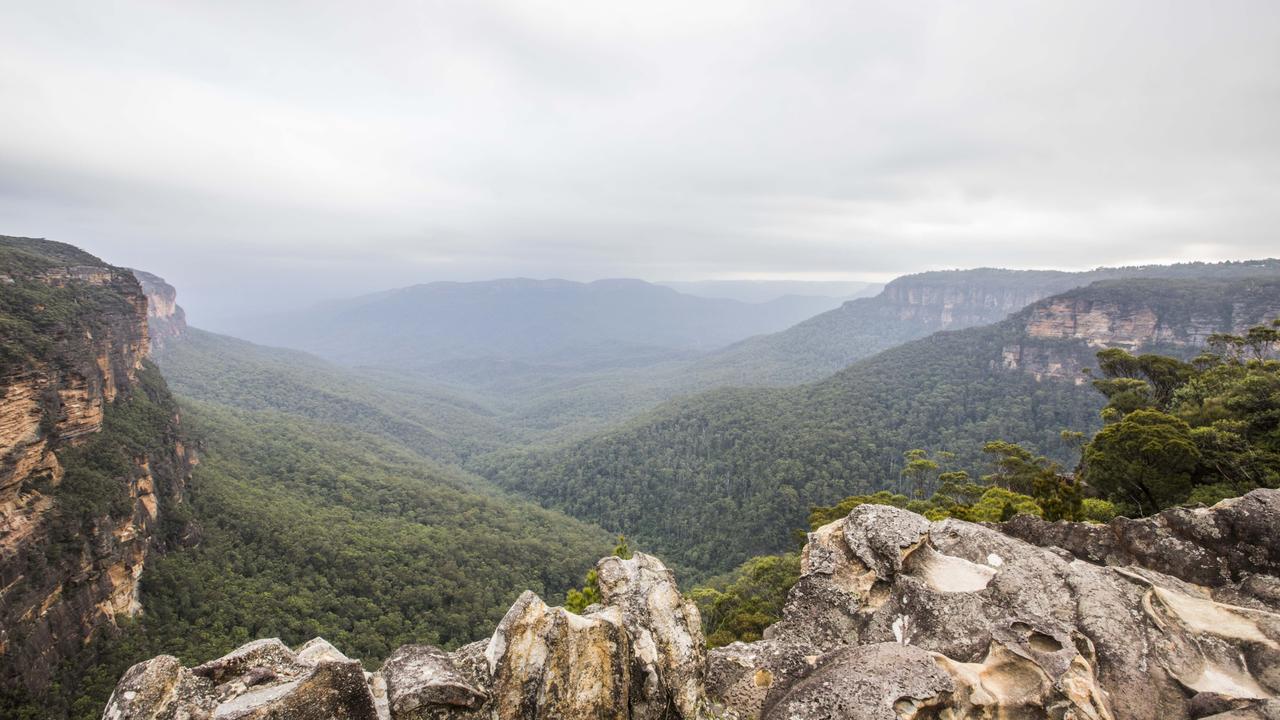NSW Health alert after three people diagnosed with rare ‘parrot fever’
An alert about the infectious disease has been issued for residents in a region already impacted by COVID-19.

Health authorities in New South Wales have issued an alert for a disease known as parrot fever after three people were diagnosed with a “rare bacterial infection”.
Three locals in the Blue Mountains and Lithgow area have been infected with psittacosis since early April, NSW Health said in a statement.
“Psittacosis is a disease caused by the bacterium Chlamydia psittaci which is carried by birds,” the department states.
“Humans most commonly catch the disease from infected birds by inhaling the bacteria from secretions and droppings.”
RELATED: Virus most likely came from Asian bat

RELATED: Deadly virus warning for dog owners
NSW is home to wild bird populations known to carry the bacteria that causes the infection.
The health department said it had recently been detected in wild birds from the upper Blue Mountains and neighbouring Lithgow, to the west of greater Sydney.
The disease can be treated with antibiotics however older people “generally experience more severe illness”, NSW Health states.

Early symptoms of the infection include fever, headaches, muscle aches and dry cough, and may progress to severe difficulty breathing.
“In severe cases, pneumonia develops,” NSW Health states.
“Rare complications may include encephalitis (inflammation of the brain), or myocarditis (inflammation of the heart muscle).”
The time between a human being exposed to the bacteria and the development of symptoms can vary from five days to four weeks, the department says, however it is “commonly 10 days”.
The parrot fever alert was issued by Nepean Blue Mountains Local Health District in the past week.
Anyone who has noticed the symptoms or who has recently been exposed to wild birds or their droppings is advised to seek medical attention from a GP as soon as possible.
RELATED: Poison warning after toxic mushroom death

RELATED: Lethal mushrooms found in Canberra and Victoria
The district’s director of public health, Dr Bradley Forssman, is urging locals to take care around wild birds but also when gardening or mowing the lawn, as birds may have left droppings.
Protective equipment including a dust mask and gloves should be worn where contact is unavoidable, he said.
People can also become infected by mouth-to-beak contact with birds or handling the feathers of infected birds.
“Exposure to birds, or dust containing bird droppings, can result in infection,” Dr Forssman said.
“Direct contact with wild birds, including handling and feeding, should be avoided where possible.”

Meanwhile, there have been 176 cases of COVID-19 confirmed in the Nepean Blue Mountains region, including those at the cluster in Anglicare’s Newmarch House aged care home, of the 3063 cases across NSW.
A number of cases cropped up in the Blue Mountains in late April prompting the region to be considered a coronavirus hot spot.
It is no longer listed as one of the areas for increased testing and surveillance.



